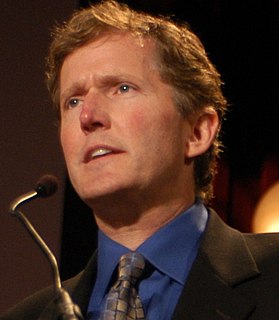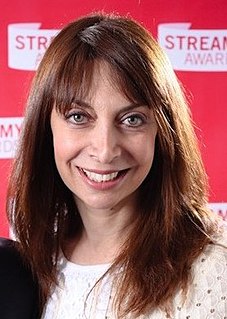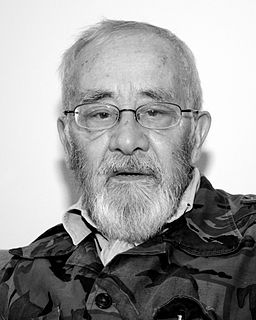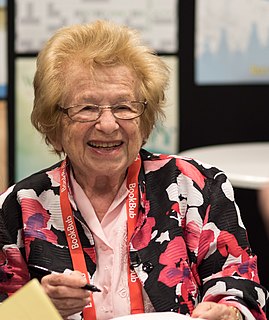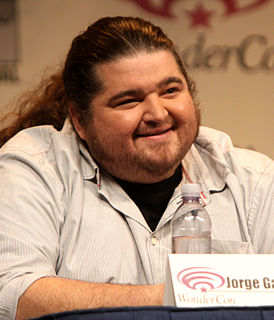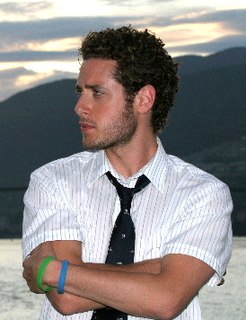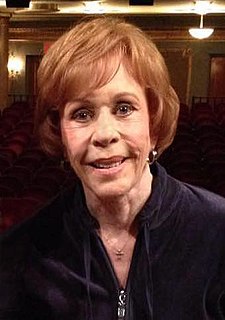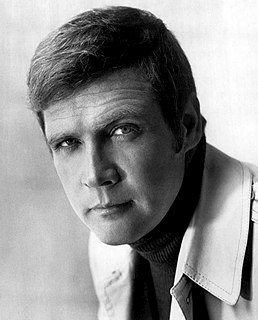A Quote by David E. Kelley
People are out of their home on a Saturday night or they're at the movies or they're at dinner and a lot of the people who flip on the television are doing just that. They may have never seen your show before and you can't count on to your audience to be there week in and week out.
Related Quotes
I learned that a television show is not a collaboration. You give your 180 percent, but you do not question the show-runners. I remember doing a reading, and my part was kind of small that week, and I commented on it, and the next week, they cut me out of the show. So I learned that you never ask questions. In TV, you always assume you're going to be fired.
We played a show the other week at this festival and it was an audience that I'd never normally play in front of. That's one the greatest things about festivals: you don't always get your audience, you get people who just pop in out of curiosity. The reaction was amazing; there were people dancing, which we've never had, I guess because the message is pretty powerful and the performance is a lot more visceral than it has been previously. The audiences seem to be reacting to that really well and it's a wonderful thing, because at a performance you really bounce off your audience.
For it was Saturday night, the best and bingiest glad-time of the week, one of the fifty-two holidays in the slow-turning Big Wheel of the year, a violent preamble to a prostrate Sabbath. Piled up passions were exploded on Saturday night, and the effect of a week's monotonous graft in the factory was swilled out of your system in a burst of goodwill. You followed the motto of 'be drunk and be happy,' kept your crafty arms around female waists, and felt the beer going beneficially down into the elastic capacity of your guts.
I think people overplay the 'Saturday Night Live' schedule. I mean, yeah, it can be some late hours. But the late hours are usually only one or two nights out of the week. You might have a crazy six-day week, but you'll work three weeks, and then you get a week off work. I'd take most jobs if it was hard work and then I got a week off.
Television and movies just take so long. If you pitch a show or develop a project, it can be a year before your show even gets on the air, if it gets picked up. Just the concept of "I had this idea" and within a week it was in the world, that was a part of why it felt weirdly empowering as a performer.
A sitcom, you rehearse for four days of the week and then you shoot it all in one night in front of a studio audience. It's like a play every week, you just shoot it over a seven or eight-day period with a single camera. I enjoy this format of show much more. I'm a feature guy. I like making movies. So the four camera thing I didn't love it that much. I found myself slightly out of my element.
